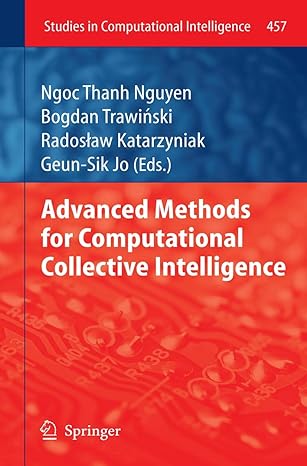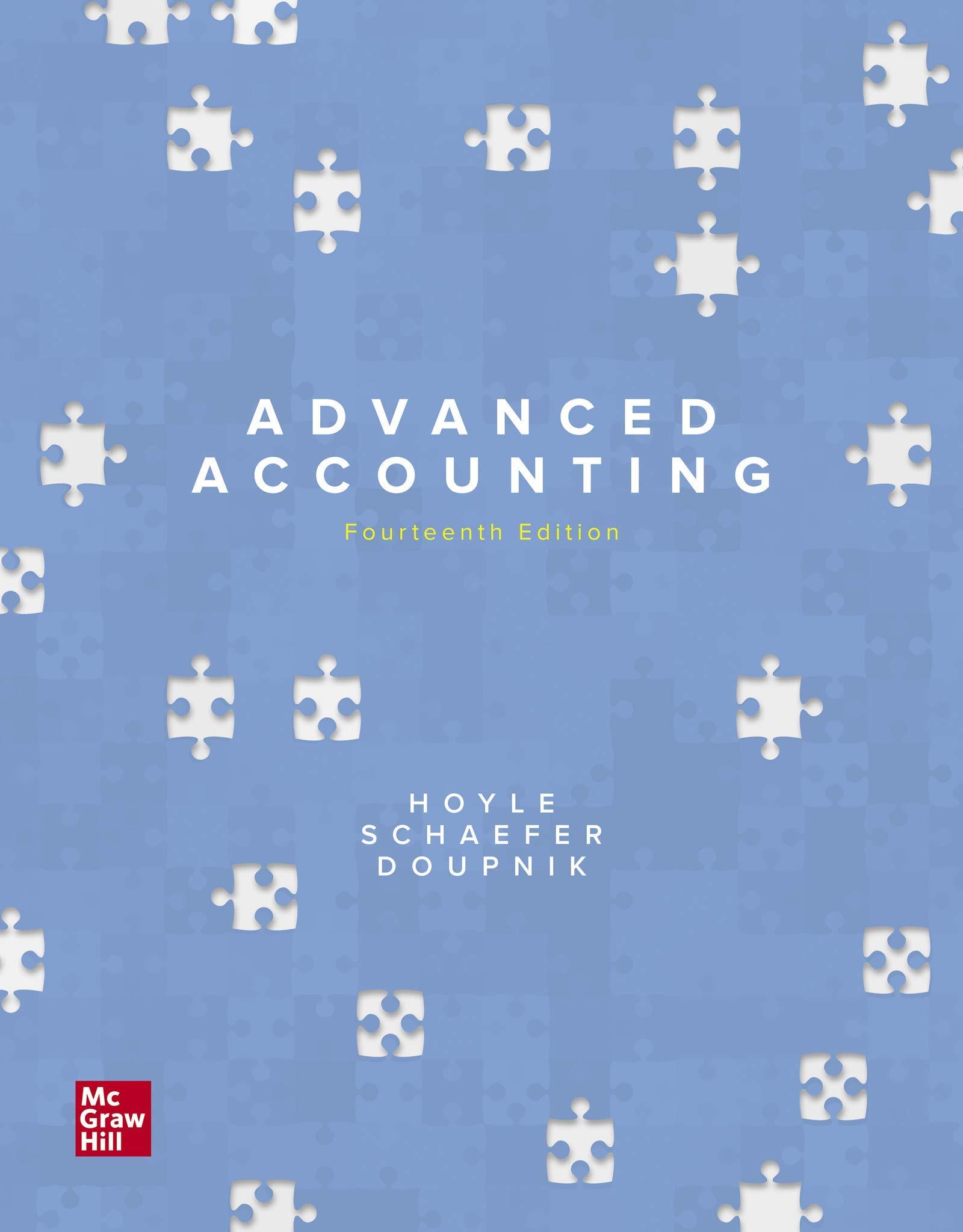Go back


Advanced Methods For Computational Collective Intelligence(1st Edition)
Authors:
Ngoc Thanh Nguyen ,Bogdan Trawi Ski ,Rados Aw Katarzyniak ,Geun Sik Jo

Cover Type:Hardcover
Condition:Used
In Stock
Shipment time
Expected shipping within 2 DaysPopular items with books
Access to 30 Million+ solutions
Free ✝
Ask 50 Questions from expert
AI-Powered Answers
✝ 7 days-trial
Total Price:
$0
List Price: $147.21
Savings: $147.21(100%)
Solution Manual Includes
Access to 30 Million+ solutions
Ask 50 Questions from expert
AI-Powered Answers
24/7 Tutor Help
Detailed solutions for Advanced Methods For Computational Collective Intelligence
Price:
$9.99
/month
Book details
ISBN: 3642433790, 978-3642433795
Book publisher: Springer
Get your hands on the best-selling book Advanced Methods For Computational Collective Intelligence 1st Edition for free. Feed your curiosity and let your imagination soar with the best stories coming out to you without hefty price tags. Browse SolutionInn to discover a treasure trove of fiction and non-fiction books where every page leads the reader to an undiscovered world. Start your literary adventure right away and also enjoy free shipping of these complimentary books to your door.
Book Summary: The book consists of 35 extended chapters which have been selected and invited from the submissions to the 4th International Conference on Computational Collective Intelligence Technologies and Applications (ICCCI 2012) held on November 28-30, 2012 in Ho Chi Minh City, Vietnam. The book is organized into six parts, which are semantic web and ontologies, social networks and e-learning, agent and multiagent systems, data mining methods and applications, soft computing, and optimization and control, respectively. All chapters in the book discuss theoretical and practical issues connected with computational collective intelligence and related technologies. The editors hope that the book can be useful for graduate and Ph.D. students in Computer Science, in particular participants in courses on Soft Computing, Multiagent Systems, and Data Mining. This book can be also useful for researchers working on the concept of computational collective intelligence in artificial populations. It is the hope of the editors that readers of this volume can find many inspiring ideas and use them to create new cases of intelligent collectives. Many such challenges are suggested by particular approaches and models presented in individual chapters of this book. The editors hope that readers of this volume can find many inspiring ideas and influential practical examples and use them in their future work.
Customers also bought these books
Frequently Bought Together
Top Reviews for Books
Danielle Stocking
( 5 )
"Delivery was considerably fast, and the book I received was in a good condition."










